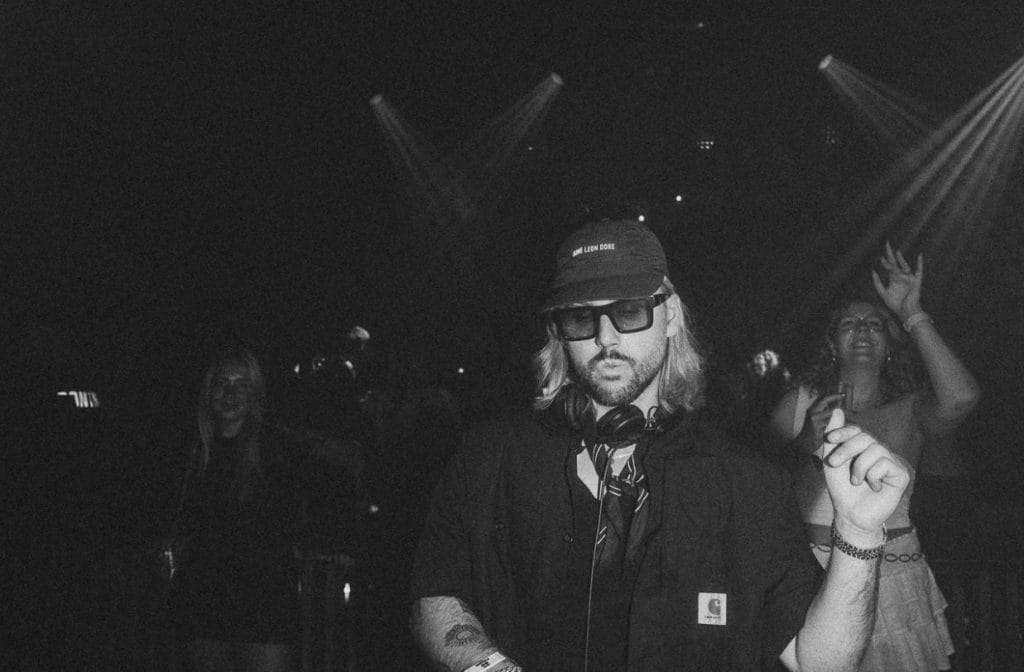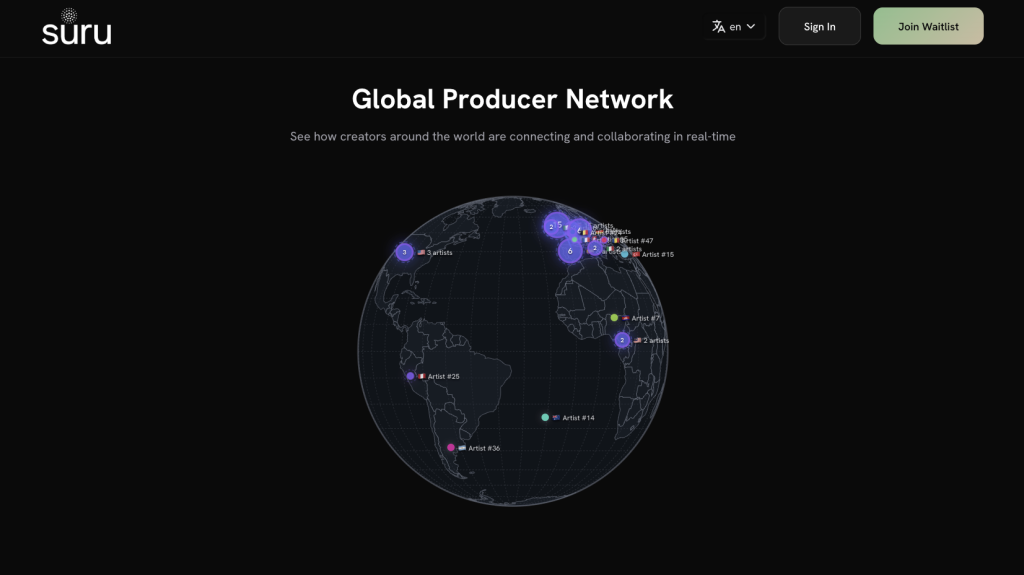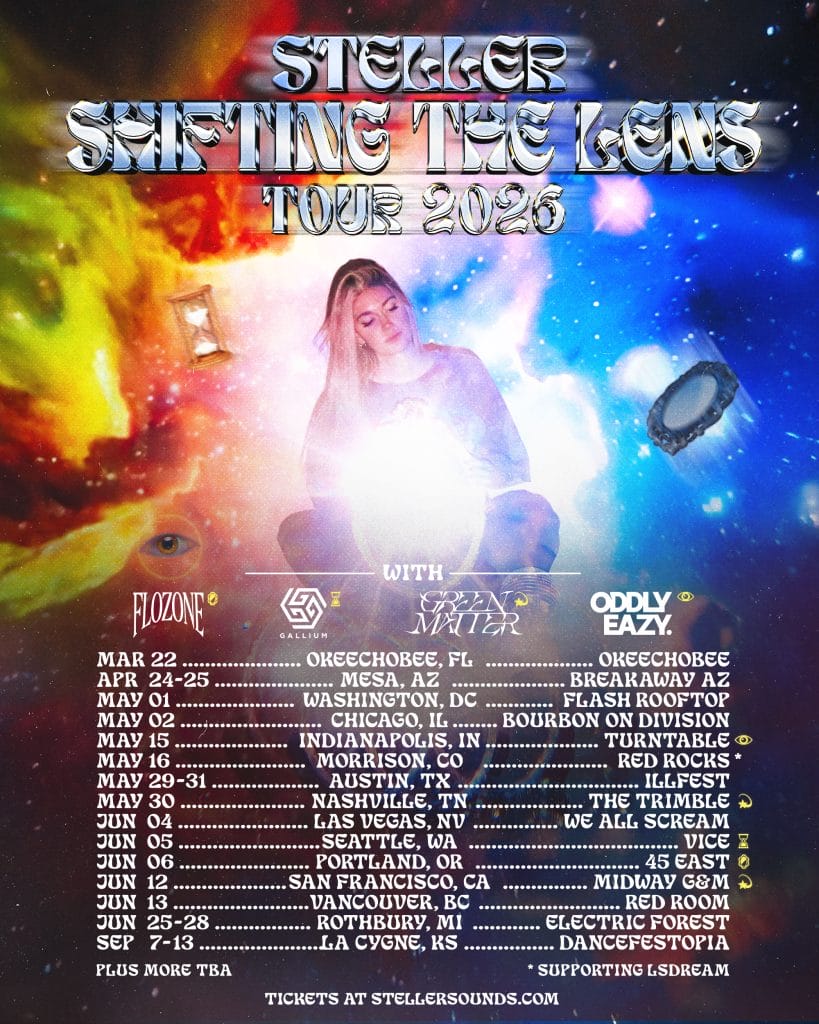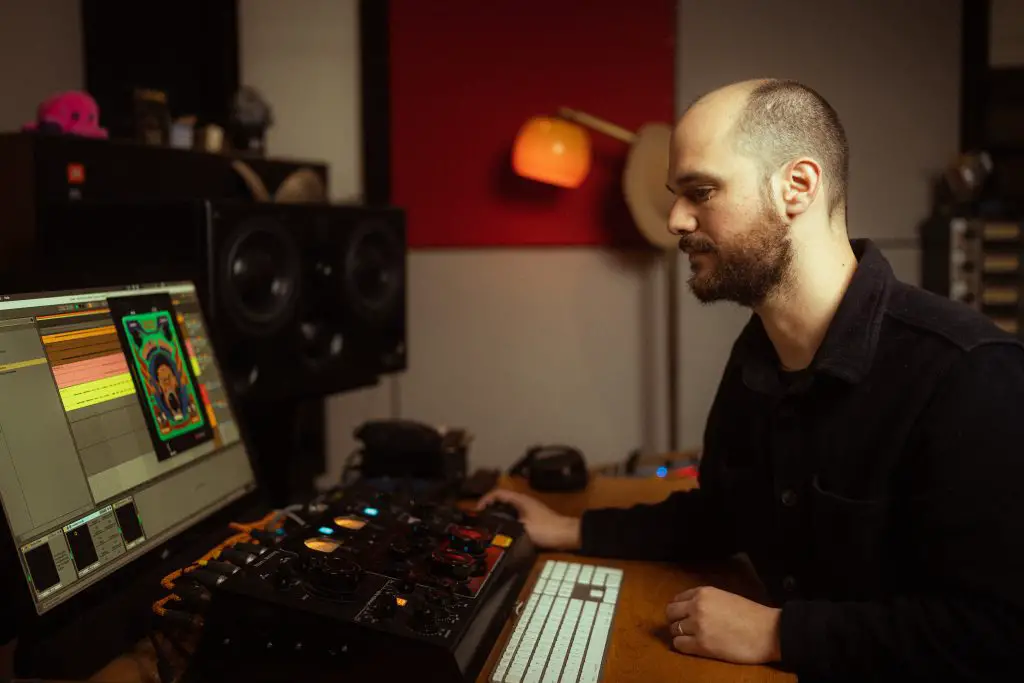Safari Pedals is redefining how producers think about music plugins. Founded by Noam Levinberg, a seasoned mixing and mastering engineer turned entrepreneur, the brand has built a reputation for creating tools that prioritize creativity and accessibility. With a lineup of plugins that combine professional-quality sound with an adventurous spirit, Safari Pedals has quickly earned praise from industry heavyweights like Tony Maserati, Joe Chiccarelli, and Leslie Brathwaite.
Levinberg’s philosophy is simple: tools should inspire confidence and make music production enjoyable, not intimidating. This mindset is reflected in plugins like Flamingo Verb and Ladybug Reverb, which deliver high-quality sound design in a way that feels intuitive and playful.
Beyond the gear itself, Safari Pedals thrives on collaboration and innovation. Recent partnerships with industry legends have produced standout releases like the Dirty Dog reverb and the upcoming sub enhancer with Leslie Brathwaite.
These collaborations not only showcase the brand’s ability to stay ahead of the curve but also highlight its commitment to crafting tools that truly resonate with the needs of modern producers. In this exclusive interview, Noam Levinberg shares insights into the company’s journey, his design philosophy, and what’s next for Safari Pedals.
1 – What inspired the creation of Safari Pedals, and how has that vision evolved since its founding?
Safari Pedals started as a way to bring a sense of fun and experimentation back into music production.
After 20 years as an audio engineer, I realized how many of the “best-kept secrets” in the studio—complex combinations of tools and techniques—weren’t accessible to most people.
I wanted to simplify that magic into plugins with intuitive designs that anyone could use to get great results. Over time, the vision has evolved into creating not just tools but experiences that inspire creativity and help producers take their music to unexpected places.
2 – When you’re designing plugins, how do you decide where to draw the line between keeping things simple and giving users tons of creative options?
This is always a balancing act. For me, it starts with asking, “What’s the one thing this plugin has to do?” From there, I think about the kind of user who will rely on it. Some plugins, like our Cobra Fuzz, are intentionally straightforward because they’re meant to spark a specific vibe without overthinking. Others, like our Lion Master, give more control because they’re for people who want precision.
I always try to strip away anything that feels like a distraction while leaving just enough depth for users to find their own unique sound.
3 – What’s the best piece of feedback you’ve ever gotten from someone using your plugins? Did it change how you approach design?
One user wrote to me saying, “Your plugins made me feel like I’m good at making music again.” That really hit me. It reminded me that the goal isn’t just to create tools but to inspire confidence and joy. Since then, I’ve become obsessed with making interfaces that feel intuitive and motivating from the moment they’re opened.
That feedback shifted my focus to prioritizing the emotional connection people have with the tools they use.
4 – There are so many plugin companies out there—how do you keep Safari Pedals feeling fresh and unique?
For me, it’s about staying true to the brand’s DNA, which is wild, adventurous, and a little unpredictable. We draw a lot of inspiration from the natural world, both in our product names and in the way our plugins behave. Collaborating with industry legends like Joe Chiccarelli has also helped keep us fresh. When we worked on the Dirty Dog plugin, Joe introduced me to this surprising combination of distortion and reverb that completely changed how I thought about space and texture in a mix.
It’s moments like that—where a fresh perspective reshapes the design process—that make our plugins stand out. By grounding our tools in real-world experience while keeping them playful and imaginative, we create something truly unique.
5 – Are there any trends in the audio world right now that you’re particularly excited about—or ones you think are overhyped?
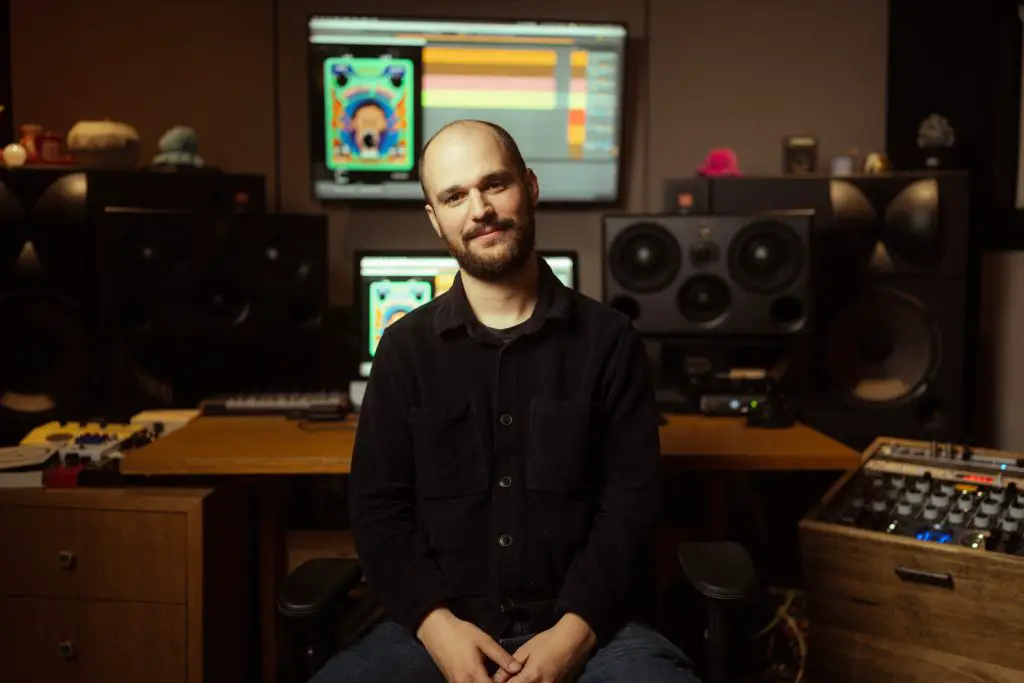
I’m excited by anything that makes music creation more accessible. AI tools, for instance, are starting to empower people who might not have the technical skills but have incredible ideas.
That said, I think there’s a bit of overhype around overly complex “all-in-one” solutions. Sometimes the magic is in the imperfections, the happy accidents, and the simplicity of a single great idea. I’d love to see the industry focus less on perfection and more on encouraging artists’ individual expression.
6 – As someone who’s gone from engineer to entrepreneur, what’s the biggest lesson you’ve learned along the way?
The biggest lesson has been to trust other people. As an engineer, I was used to solving problems on my own, but running a company taught me that the best results come from collaboration.
Whether it’s working with my team, listening to our users, or partnering with other brands, I’ve learned that great ideas rarely happen in isolation. It’s humbling but also so rewarding to see how much better things get when you open yourself up to other perspectives.
The post Inside Safari Pedals: Noam Levinberg on Building a Brand That Inspires Producers Everywhere appeared first on Magnetic Magazine.



